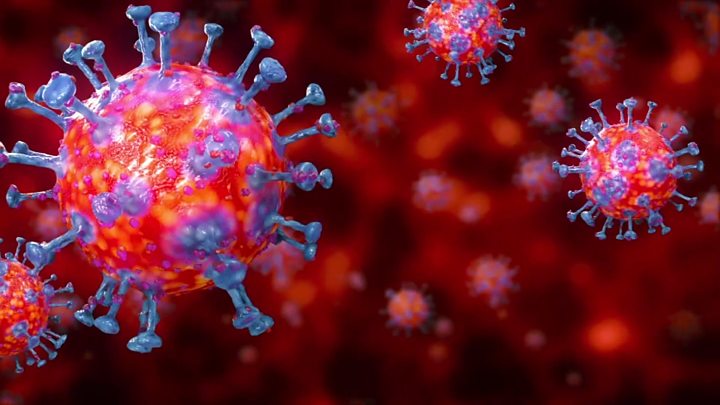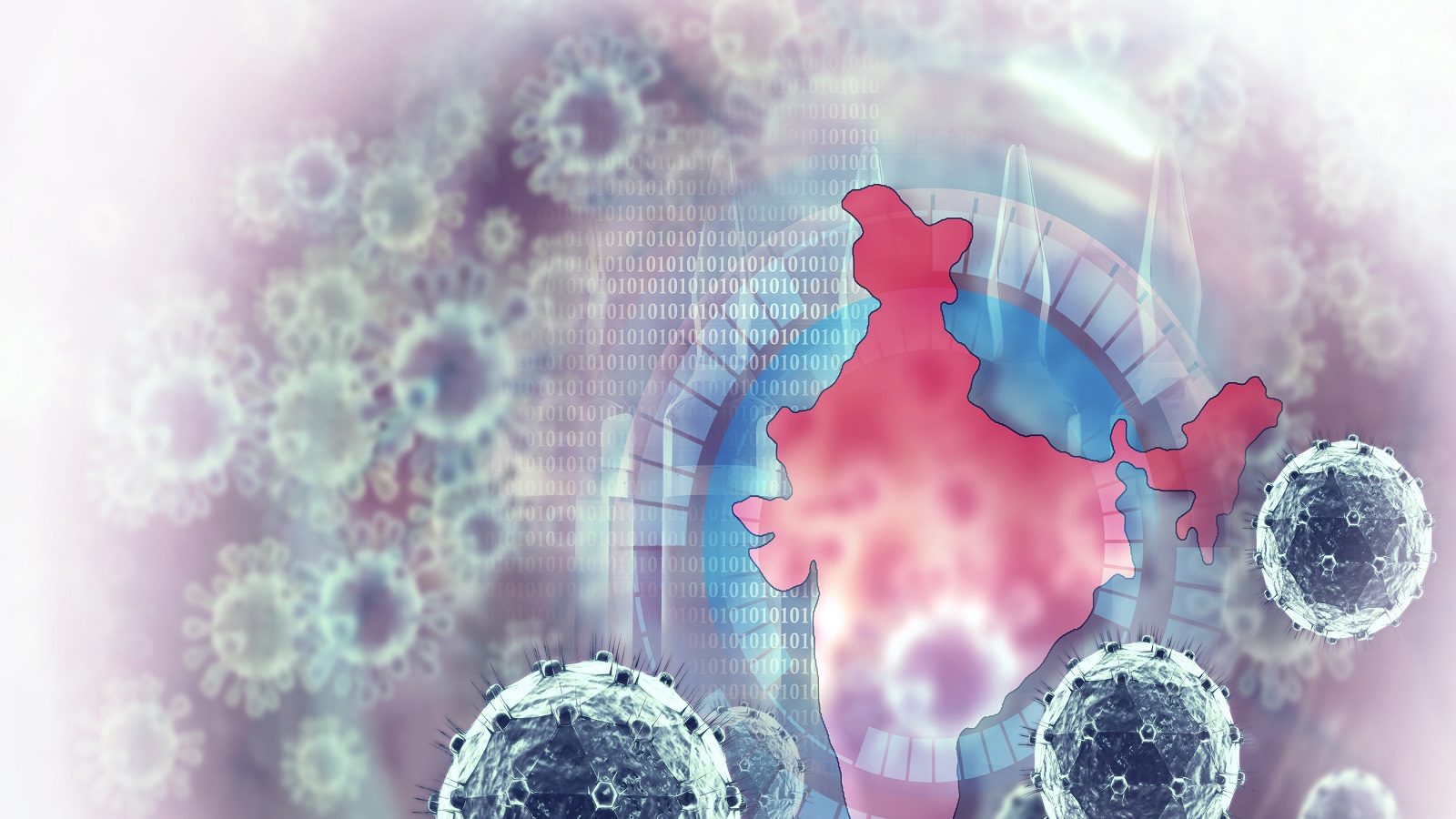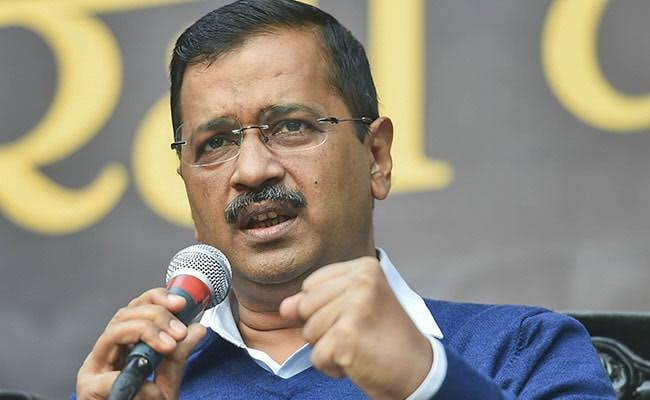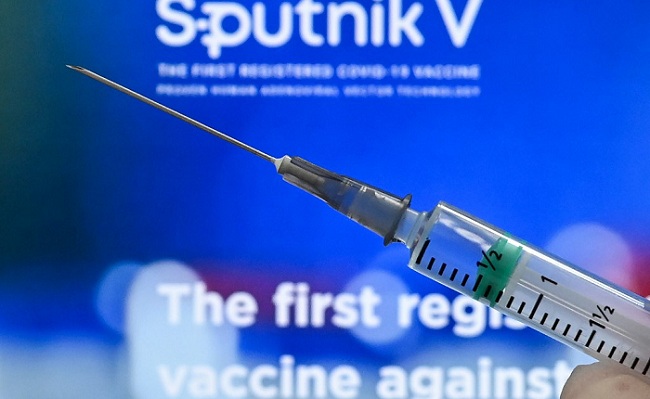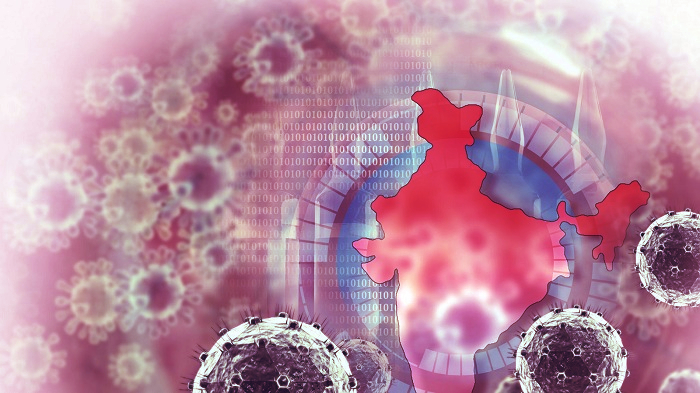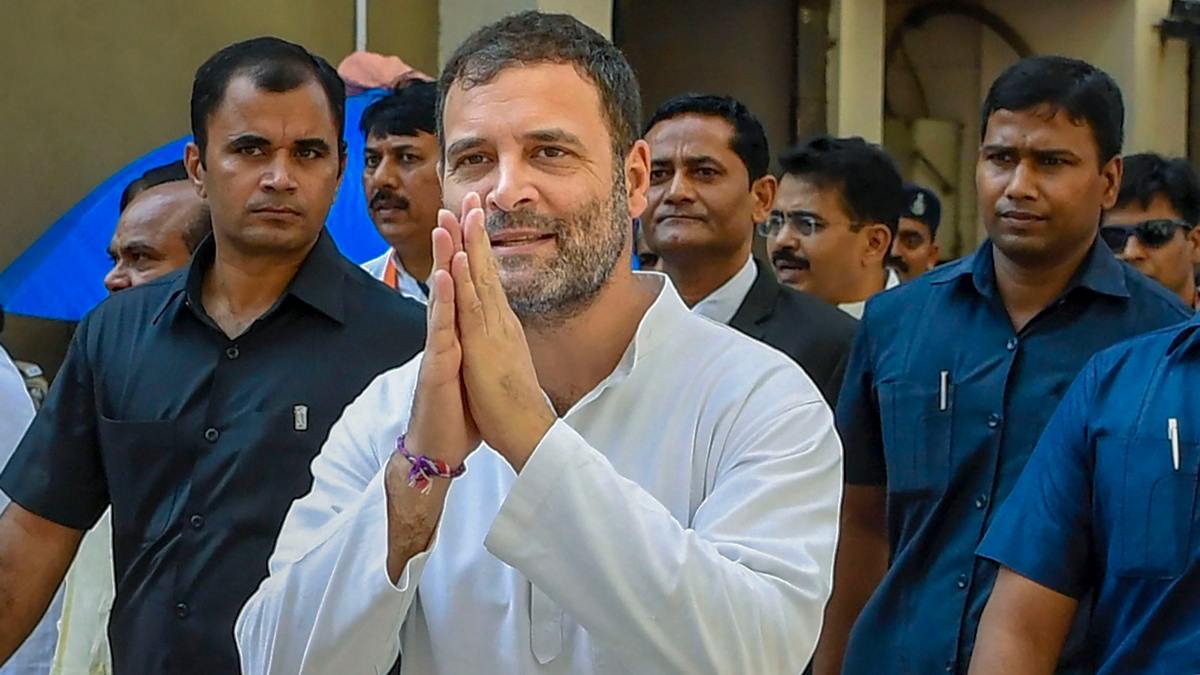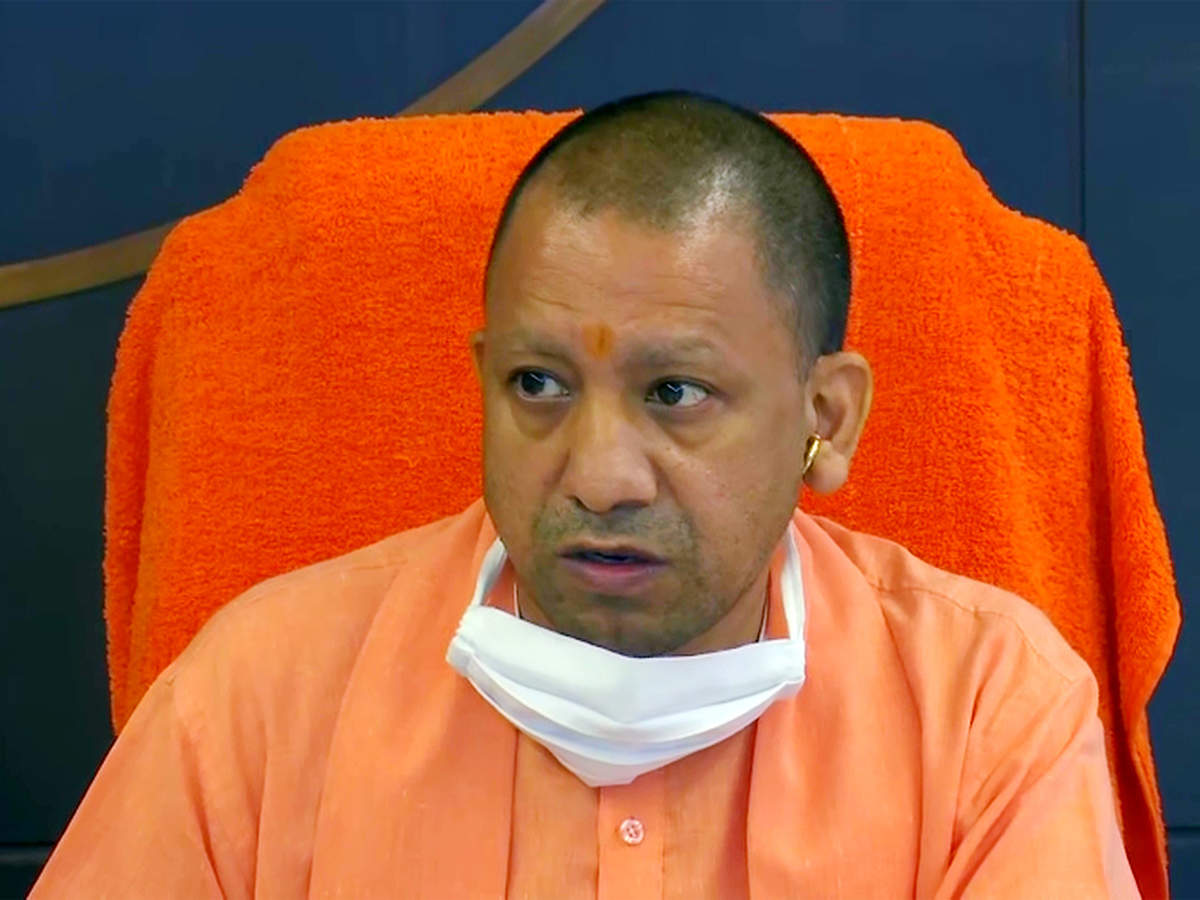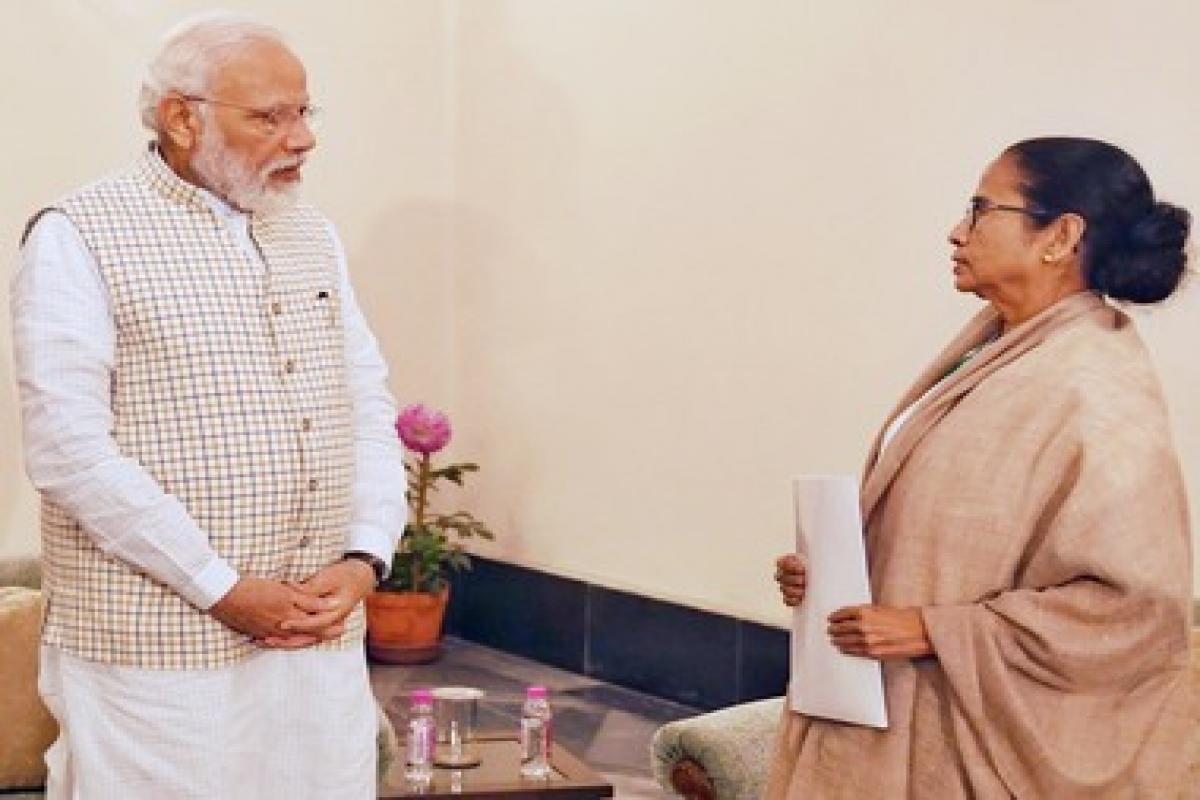India is witnessing a second wave of the Covid19, which is known to have an increased transmissibility. The Union health ministry said that 10 states including Maharashtra, Chhattisgarh, Madhya Pradesh, Karnataka and others have recorded a steep rise in their daily new cases.
After three people in the office of Yogi Adityanath tested positive for Covid19 over the past three days, he went into self-isolation on Tuesday. CM Adityanath conducted his daily meeting with Team-11 virtually through video-conferencing on Tuesday morning.
On Tuesday evening, he tweeted, “Some officials have tested Covid positive in my office. These officers have been in touch with me therefore as a precaution, I have isolated myself and will carry out all work virtually.”
Also See: The New mutants of the Covid19 virus
Indian government officials, just a few short weeks ago, were patting themselves on the back under a cloud of unwarranted, unsolicited, and unwise hubris on the so-called victory over the pandemic. They also stated with a stratospherically high amount of self-praise that India was the “pharmacy of the world,” and also went ga-ga about its cheaply produced vaccines that would help fight the pandemic globally. The union health minister had declared that the country had entered “the endgame” of its own battle against the pandemic. Reserve Bank of India announced in an unusually enthusiastic tone that India had “bent [the Covid-19 curve] like Beckham” and that “soon the winter of our discontent will be made glorious summer.” At present, such claims sound extremely foolish in the midst of the second wave.
Also Read: Export of Remdesivir & its APIs banned when states are facing shortage of vaccine
On Tuesday, New Delhi recorded the highest-ever spike of 13,468 Covid-19 cases, and 81 deaths, when the country witnessed more than 1.6 lakh new cases (1,61,736). This made New Delhi the worst-affected city in the country. In Mumbai, the highest single-day spike stood at 9,986 cases till Tuesday, followed by Bengaluru (6,387 cases), Chennai (2,105) and Kolkata ( 1,271 cases).
On Tuesday, the state of Uttar Pradesh reported the highest-ever single-day spike of 18,021 coronavirus cases while 85 fatalities took the death toll in the state to 9,309.
In a parallel development in Maharashtra, ruling out a complete lockdown, Chief Minister Uddhav Thackeray on Tuesday said that the state government will impose Section 144 for 15 days from 8 pm Wednesday. Thackeray said that emergency services will remain open between 7 am and 8 pm daily.
At a press conference, the chief minister said, “The war has begun again.”
“Now is the time for action,” he further added. He also stated, “I am not saying a lockdown just now, but strict restrictions. I know bread and butter is important but saving lives is important.” The CM of Maharashtra also acknowledged the need for more oxygen, saying that supplies would be sought through the military.
The latest curbs in Maharashtra come on a day when the state recorded over 60,000 fresh Covid-19 cases.
Also Read: Issues faced by India in dealing with Covid 19 resurge- Is it too late to contain the Second Wave
In another news, Centre has fast-tracked the emergency approval for foreign-produced Covid-19 vaccines that have been granted similar clearances in other countries. This decision by the GOI came after an expert panel recommended that Covid-19 vaccines which have been developed and are being manufactured in foreign countries and which have been granted emergency approval for restricted use by authorities in the US, Europe, the UK, Japan or which are listed in the WHO Emergency Use Listing may be granted emergency use approval in India.
On Tuesday, Kerala health minister KK Shailaja informed that the state has received two lakh more doses of Covid-19 vaccine. Chief Minister of Kerala, Pinarayi Vijayan on Monday had requested Centre to provide 50 lakh vaccine doses to the state.
Places like Ghaziabad & Noida, failed to meet the vaccination targets on the first day of Tika Utsav.


